"Forget it, Jake.
It's Chinatown."
"Roman Polanski’s “Chinatown” is not only a great entertainment, but something more, something I would have thought almost impossible: It’s a 1940s private-eye movie that doesn't depend on nostalgia or camp for its effect, but works because of the enduring strength of the genre itself. In some respects, this movie actually could have been made in the 1940s. It accepts its conventions and categories at face value and doesn't make them the object of satire or filter them through a modern sensibility, as Robert Altman did with “The Long Goodbye.” Here’s a private-eye movie in which all the traditions, romantic as they may seem, are left intact."
Chinatown is an excellent , private detective mystery film neonoir (as labeled when it was released) based on original, oscar-winning screenplay by Robert Towne .
The film is a skillful blend of mystery, romance, suspense, and hard boiled detective/film noir genre elements - especially embodied in The Maltese Falcon (1941) (by director John Huston who acts in this film) and The Big Sleep (1946).
Chinatown marked Roman Polanski's return to Hollywood five years after the 1969 Manson murders that took the life of his actress wife Sharon Tate. Polanski opted to use a bleak ending rather than the more hopeful finale in the original screenplay. This was Polanski's last film made on location in the US.

The film opens in the upscale office of a Los Angeles private detective with the name of J. J. Gittes (Jack Nicholson). He's a former cop who now specializes in investigations of divorce cases and extra-marital affairs.
One of his distraught clients is in his office, groaning while looking at the incriminating evidence - black and white photographs of his wife having adulterous sex with another half-clothed man in the woods.
He is so upset that he throws the pictures into the air and grabs the venetian blinds. The self-assured, unperturbed Jake cautions him to stop chewing on the newly-installed fixtures:
"All right, Curly, enough's enough. You can't eat the venetian blinds. I just had 'em installed on Wednesday."
When J. J. Gittes is hired by Evelyn Mulwray to investigate her husband's activities, he believes it's a routine infidelity case. Jake's investigation soon becomes anything but routine when he meets the real Mrs. Mulwray (Faye Dunaway) and realizes he was hired by an imposter. Mr. Mulwray's sudden death sets Gittes on a tangled trail of corruption, deceit and sinister family secrets as Evelyn's father (John Huston) becomes a suspect in the case.
And always at the center, there’s the Nicholson performance, given an eerie edge by the bandage he wears on his nose after it’s slit by a particularly slimy character played by Polanski himself.
JAKE: I'M NOT IN BUSINESS TO BE LOVED, BUT I AM IN BUSINESS. AND BELIEVE ME, MRS. MULWRAY, WHOEVER SET YOUR HUSBAND UP SET ME UP. LA'S A SMALL TOWN, PEOPLE TALK. I'M JUST TRYING TO MAKE A LIVING. I DON'T WANT TO BECOME A LOCAL JOKE.
Roman Polanski’s ‘Chinatown’ is one of the most impressive works of the period.
an amazing experience from all angles >>>
104 Chinatown 1974 Movie Photos and Premium High Res Pictures - Getty Images >>>










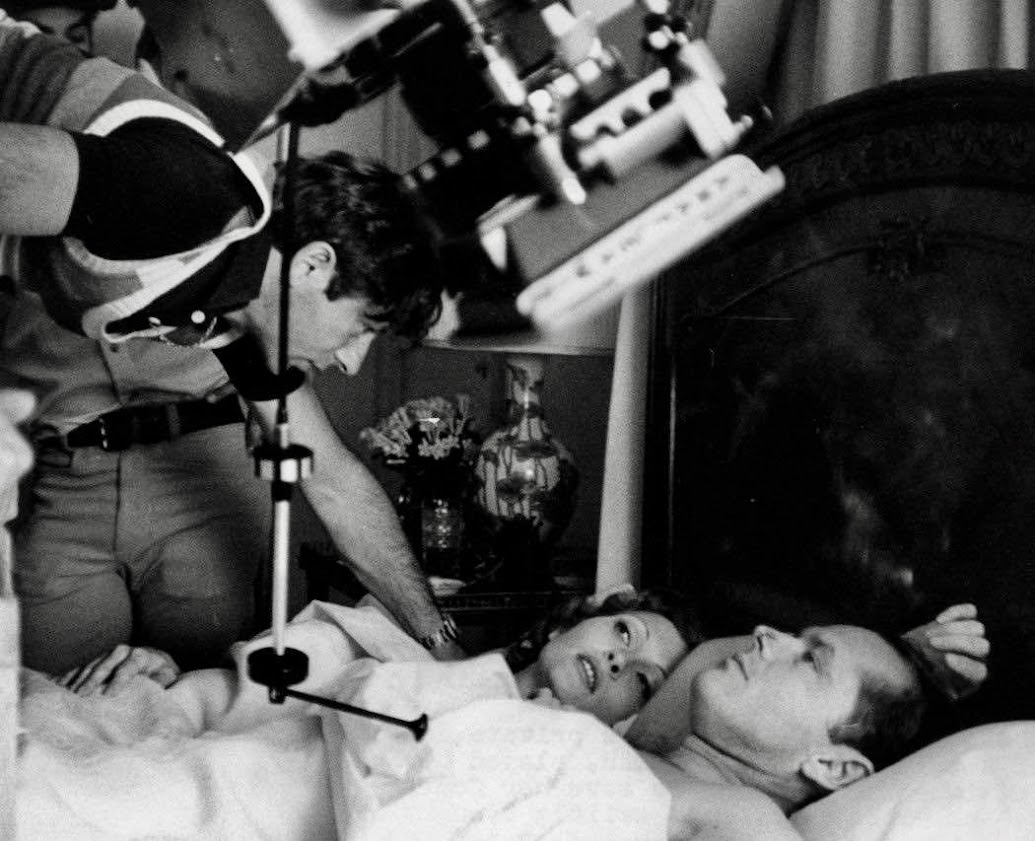
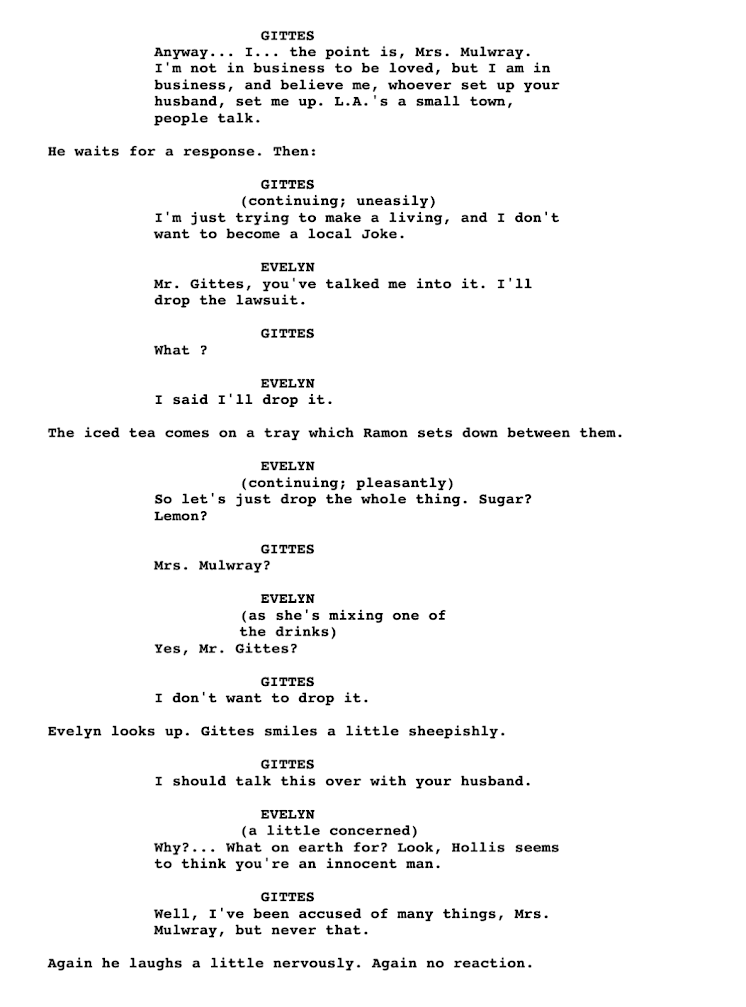

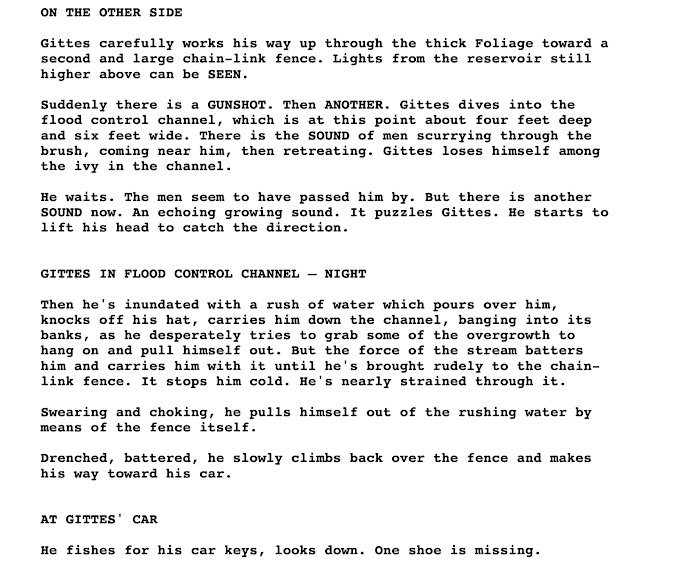

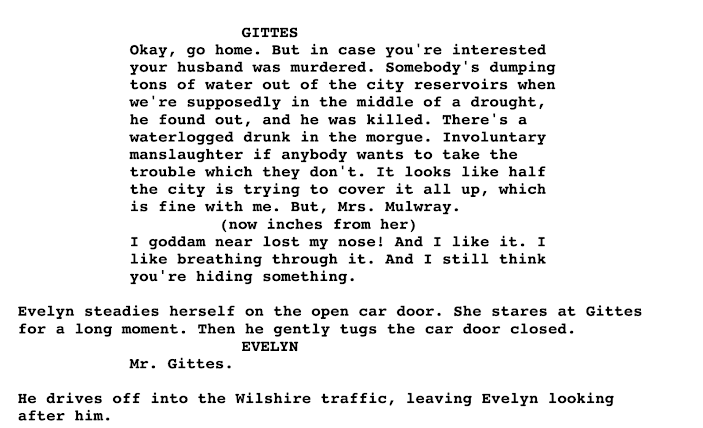

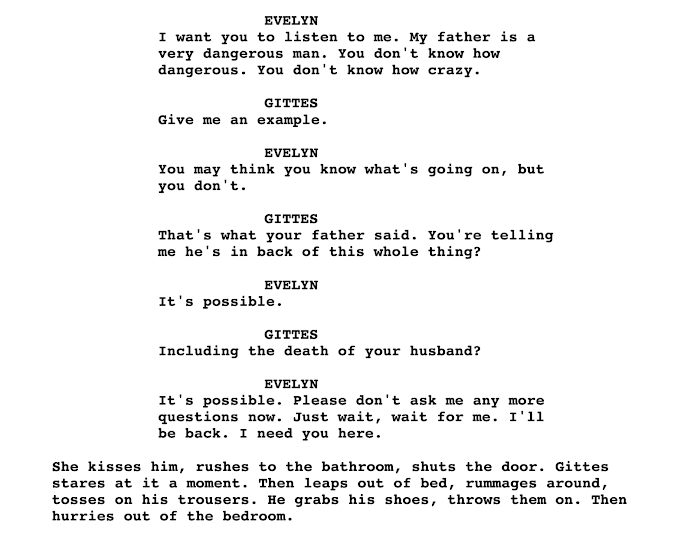

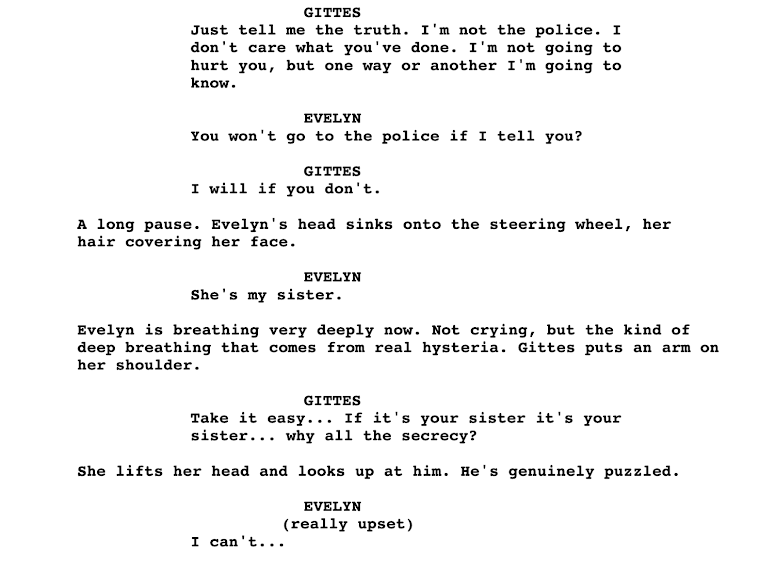
.jpg)
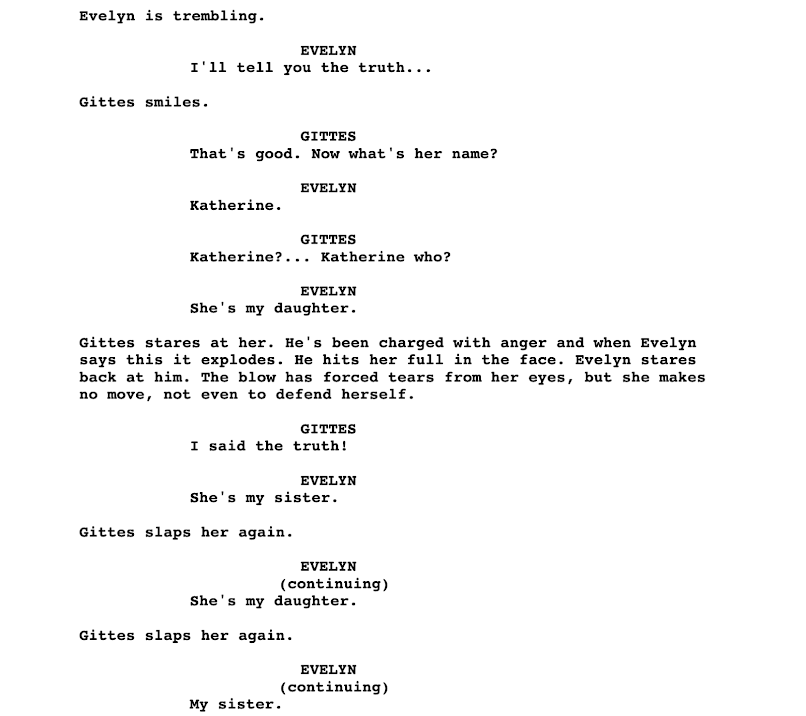










.jpg)